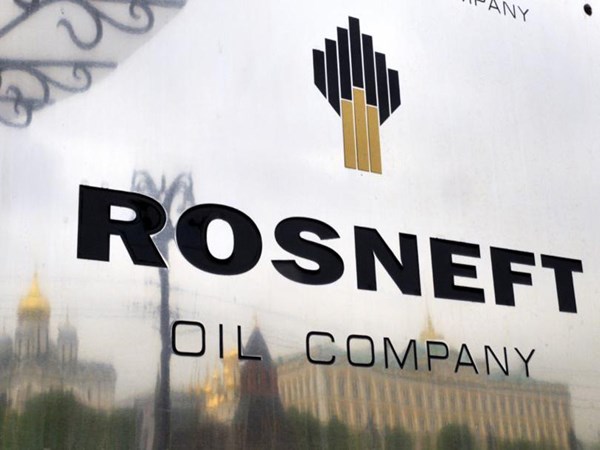Russian oil giant Rosneft loses one third of cash flow due to ‘dirty oil’ scandal
The chloride-contaminated Russian oil scandal, which resulted in nearly a month of downtime on the Druzhba oil pipeline and more than a million tons of substandard oil being returned to Russia by European consumers, has significantly impacted Rosneft’s financial results, finanz.ru reports.
At the end of the first half of the year, Russia’s largest oil extraction company reported a sharp decline in cash flow and a more than 70% decrease in cash reserves.
Between January and June, Rosneft received $7 billion from operating activity, according to the company’s IFRS report that was published on Wednesday.
The amount actually left in its accounts from crude oil and refined products was 25% less than last year’s $9.39 billion and barely enough to cover the $6.6 billion of capital expenses.
Rosneft’s net cash flow, the difference between the inflow and outflow of funds, fell by 31% in the second quarter to $2.05 billion, despite the fact that each barrel of Urals oil cost 4.8% more.
The company’s revenue was put under pressure by problems with the Druzhba pipeline, whose throughput had to be restricted, write analysts from Promsvyazbank.
In addition, the Russian oil transport monopoly Transneft imposed restrictions on the oil it would accept from Rosneft, note analysts from Aton. As a result, Rosneft’s subsidiary Yuganskneftegaz, which operates 28 fields, including the “gigantic” Priobskoye field, was forced to suspend 30% of its capacity.
Nevertheless, Rosneft continued to pay off its debts, keeping the promise it made after 20% of its shares were bought by the Qatar sovereign fund QIA, after an attempt to sell this package of shares to Chinese investors fell through.
In six months, Rosneft’s financial debts have been reduced by $12.1 billion, said its CEO Igor Sechin. This amount includes prepaid contracts through which Rosneft obtained loans from China in exchange for not yet extracted oil, which is now sold at a discount of $4-5 per barrel.
According to the report, the indirect debt was reduced less, by only $7.28 billion (from $64.47 to $57.19 billion).
However, the debt had to be repaid almost exclusively using cash reserves. In half a year, Rosnfet’s ruble-denominated “cash cushion” fell by 70% from 832 to 245 billion rubles ($12.6 to $3.7 billion), and its foreign currency reserves dropped by more than 80% from $8.7 to $1.7 billion.
As a result, Rosneft’s net debt has started to grow again, from $41.1 billion at the end of last year and $43.9 billion at the end of the first quarter, it has jumped to $45.7 billion, a two-year high.
The full extent of the damage caused by the contaminated oil still needs to be calculated, Rosneft wrote in its report. There have been claims from clients who received oil with unacceptable organochloride levels, as well as from clients who have not received their contractual quantities due to the downtime on the Druzhba pipeline.
In order to avoid downtime on its refineries, Rosneft was forced to buy oil abroad – 70.5 billion barrels for the quarter, or 769,000 per day (the entire output of Venezuela). This oil was sent to the company’s subsidiaries in Germany, the report notes.
